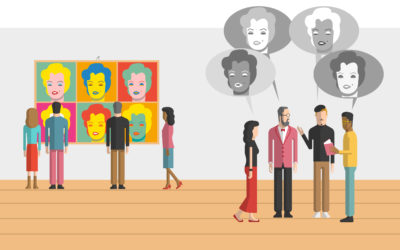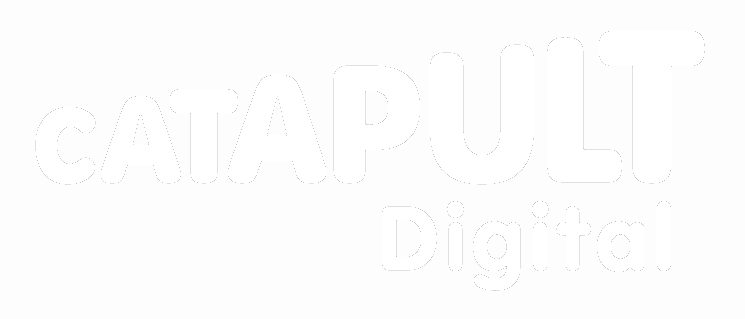1. Is it always necessary to ask permission to use another’s film?
In general, in order to use a copyright work you need to get permission from the copyright owners. This process can be especially long and expensive when dealing with films, since they are complex works involving copyrights of a large number of contributors (music, script, cinematography, etc.). You can find more information about this here.
In some cases and under certain conditions, you are allowed to use protected works without the need to get permission. These cases are known as copyright exceptions and are part of the on-going UK copyright reform. The UK Copyright Act currently provides some exceptions, such as quotation, news reporting, education, research and private study, archiving and preservation.
It is not necessary to ask permission to use public domain films, since their copyright has expired. However, due to the long copyright duration, there are only a few films in the public domain and even though a film may be out of copyright, some of its elements – like literary characters – may remain protected under different intellectual property law, particularly trade mark. You can find more information about the public domain here.
2. Are there set rules about using clips from other films?
There are several rules to observe in order to use clips from other films. If you want to use a film protected by copyright and you do not benefit from a copyright exception, you need to get permission from all the copyright owners. In the UK, the first copyright owners of a film are the producer and the principal director. However, other parties like distributors and funding bodies might be involved and hold some of the intellectual property rights. Even if you get permission from all the rightsholders, you should still credit the authors of the original work by putting a banner on the clip you use or at least by mentioning them in the opening or final credits.
In using clips from other films, it will also depend on how much is being used. There are no set rules about it and it will depend on a case-by-case basis. For example a 12 ½ minute film clip used in a documentary amounting to 8% of the overall film, was considered to come under the criticism and review exception, thereby not infringing copyright. At the same time, there are cases where copyright infringement has been established in using shorter clips. It ultimately depends on the quality of the work taken and whether it constitutes a substantial part of the film.
It is possible to find archive footage whose rights have been ‘cleared’, meaning that all permissions involved have been obtained. A good place to find information about resources in the UK available to filmmakers is: http://film.britishcouncil.org/resources/archives/
In films, intellectual property rights exist not only for script, images, footage and music, but also for brand names, logos, fonts, texts and designs. This often makes the rights clearance process long and complicated. You can find guidance on using other people’s intellectual property at the following link: https://www.gov.uk/using-somebody-elses-intellectual-property
3. If the copyright owner cannot be found, can their work be used?
A work protected by copyright but whose copyright owner is unknown or cannot be found is called an ‘orphan work’. Since October 2014, a licensing scheme allows users to apply for a licence to use orphan works for both commercial and non-commercial purposes within the UK, and an orphan works exception allows certain uses of works by UK cultural heritage institutions. You can find more information about both the licensing scheme and the orphan works exception here.
Related
Getting Permission
When you want to use a work that is in copyright, you need to get permission from all copyright owners. Some works have several rights attached to them and each right may have more than one owner…
Quotation
There are two exceptions to be aware of, one specifically for criticism and review and a more general exception for quotation. Both exceptions apply to all types of copyright material…
Orphan Works
A work – such as a book, a piece of music, a painting or a film – in which copyright exists, but where the copyright owner is either unknown or cannot be located is referred to as an ‘orphan work’.











